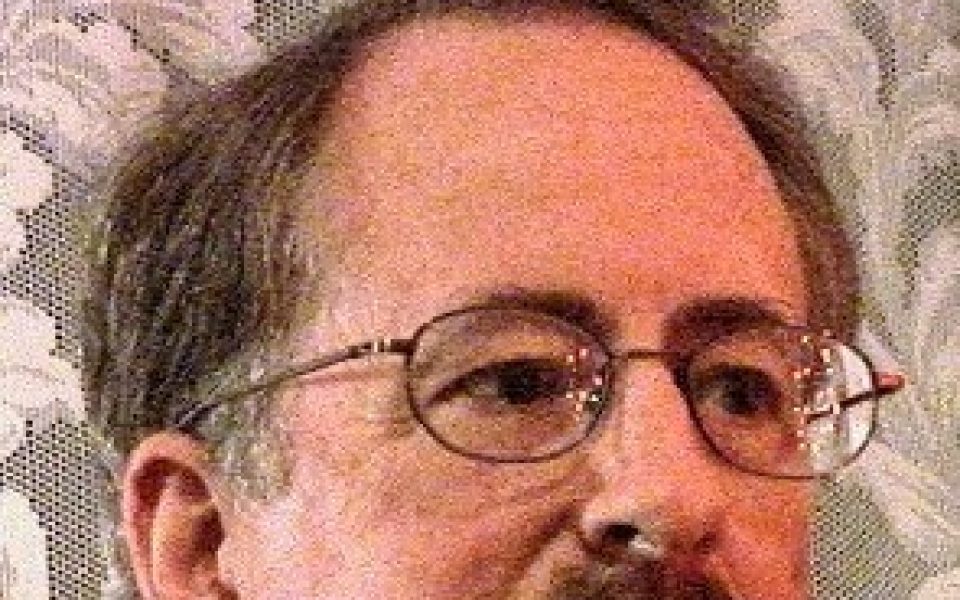by Mark Sills
There are some people who believe, sincerely, that they know exactly what is good, holy and acceptable to the deity they worship. And they know even better what is not good, holy and acceptable. Knowing, without any question, they feel not only justified but obligated to promote their beliefs in every way possible. They have every right to do so. However, in a free, democratic and secular society, they do not have the right to enforce those beliefs on those who do not share them.
Unfortunately, the Religious Freedom Restoration Act legislation being promoted in North Carolina does just that. This law will allow some to enforce their beliefs on others who do not share those beliefs. It will create a social environment in which those who share the “right” beliefs can live and work and play without a problem, but those who do not conform to those “right” beliefs can be legally denied their most basic human rights including the right to work, to have shelter, even to obtain food or medical care.
If those with strongly held religious beliefs elect to move into a religious enclave in which only those who share those same beliefs are encountered, that is their right. But if they elect to live in a diverse and secular society, they are obligated to respect and treat equally everyone they encounter. RFRA, as proposed in Raleigh, will undo that obligation and it will unravel the very fabric of our secular state.
I am very proud to have descended from a long line of religious rebels. Many of my ancestors pushed back against entrenched and powerful religious authorities. My seventh great grandfather Robert Hunnicutt (1675-1740) was one of these. Like most Virginia farmers, Robert had slaves and was a respected member in his community. But his Quaker faith led him to question the prevailing beliefs of his day. In 1710 he freed all his slaves. This was not a popular thing to do and it caused him all kinds of trouble with his neighbors and with the political and religious authorities of his day. Many of the Hunnicutts eventually left Virginia to come to North Carolina where differences of belief were better tolerated. Today, of course, the anti-slavery position is the norm.
Another of my rebellious ancestors was my 13th great grandfather Hans Näf (1467-1531). He was a follower of the Swiss Protestant reformer Huldrych Zwingli. His opposition to the prevailing Catholic teachings of his day led to his early death in the Battle of Kappel. Today most of his rebellious beliefs would be considered the norm by most Protestants and Catholics alike.
Perhaps the ancestor of whom I am most proud is Anne Marbury Hutchinson (1591-1643). She was my 11th great grandmother. Anne and her husband William Hutchinson came to Massachusetts Colony in 1643. They left England due to the persecution they experienced after questioning the prevailing beliefs of the Church of England. But Anne’s questioning did not end with her arrival in the New World. She continued to study and question prevailing Puritan beliefs. She taught Bible classes in her home. The leading clergymen realized that not only women but also men were coming to her classes, many from distant towns and villages. She encouraged people to have open minds, to be charitable toward other religions, to be accepting of the native people of Massachusetts. These views (and especially the fact they were being taught by a woman) threatened the authority of the clergy. They convinced the governor to banish Anne from the colony. She was given three weeks to leave or face death. So, she and her husband, along with others who were offended by this treatment, left Massachusetts and established a new secular colony where all faith traditions were welcomed. It is now known as the state of Rhode Island. Her beliefs concerning equality of men and women and all races, and her strong belief that the state must not establish a religion are the norm today.
I hope that my descendants will live in a North Carolina where religious and cultural differences not only are accepted, but celebrated. I hope our state will continue be a truly secular democracy where sincerely held beliefs are always respected but never forced on to those who do not share them. I hope one narrow set of beliefs will never become established through law. But if it does, I hope all of my children and grandchildren will remember their family heritage and rebel.
Mark Sills is the former executive director of FaithAction International House and an active member of the Greensboro community.
Join the First Amendment Society, a membership that goes directly to funding TCB‘s newsroom.
We believe that reporting can save the world.
The TCB First Amendment Society recognizes the vital role of a free, unfettered press with a bundling of local experiences designed to build community, and unique engagements with our newsroom that will help you understand, and shape, local journalism’s critical role in uplifting the people in our cities.
All revenue goes directly into the newsroom as reporters’ salaries and freelance commissions.


Thanks I so much enjoyed reading this, what an inspirational story especially for women. Thanks to Anne as well.